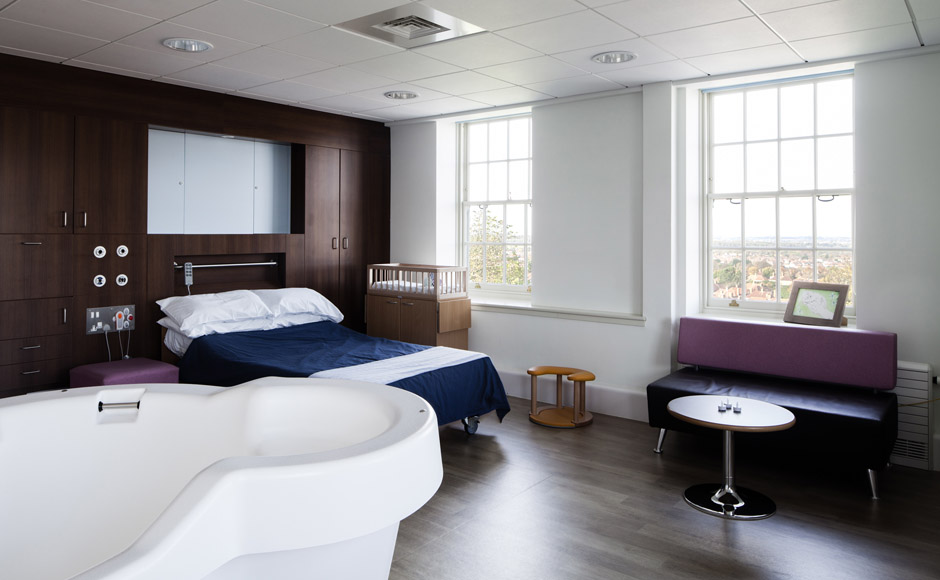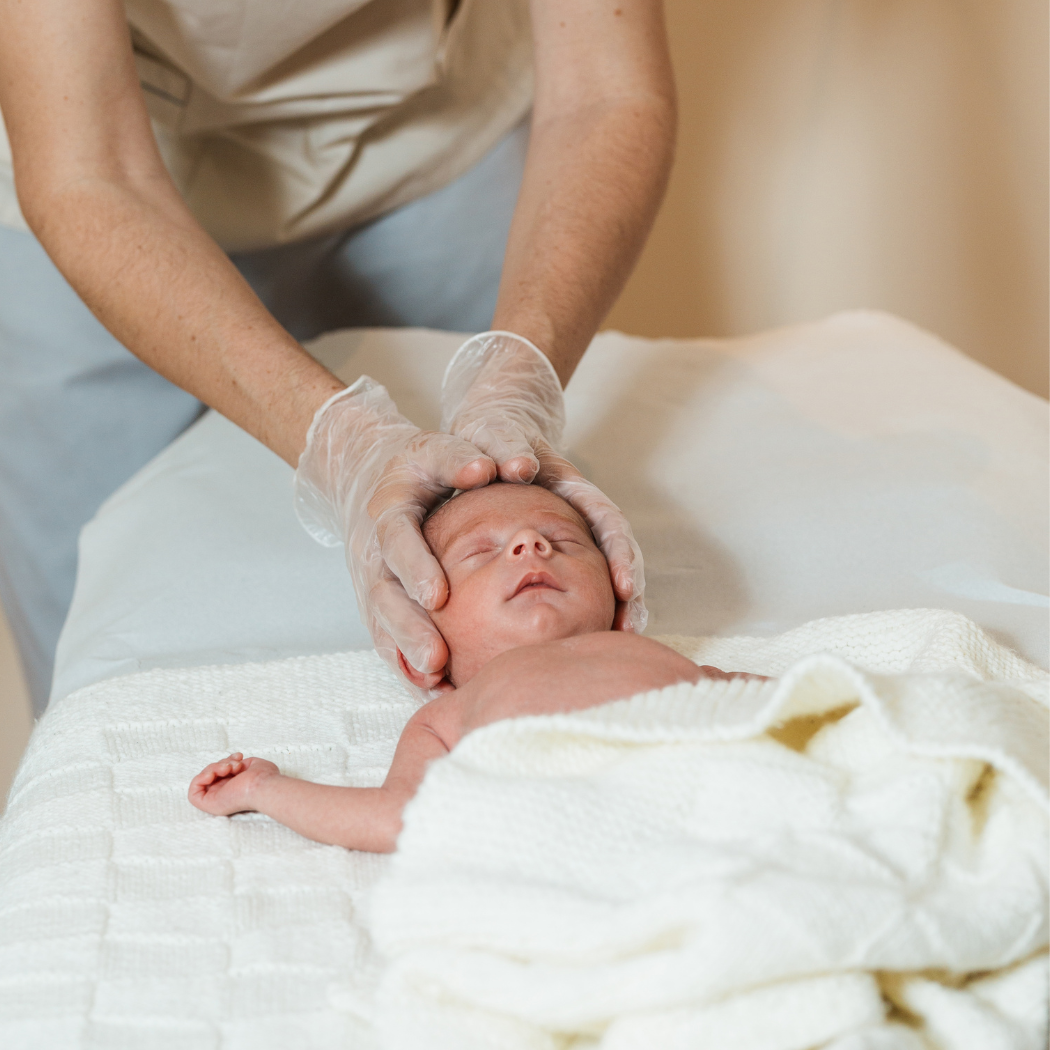

In a recent Women’s Hour segment, (starts at 43 minutes into the segment) the topic of free birth or unassisted birth in the UK took centre stage, sparking a range of questions and discussions. This article aims to provide a detailed exploration of what free birth (also known as unassisted birth) is, whether it’s legal in the UK and why more people (anecdotally) are opting for a free birth.
Free birth, also known as unassisted birth, refers to the practice of giving birth without the assistance of medical professionals, such as midwives or doctors. It involves a person choosing to trust their body’s natural ability to birth without medical intervention.
Specific and up-to-date statistics on free births in the UK are not readily available as those for hospital or assisted births since unassisted births often occur outside formal healthcare settings and are not reported. However anecdotally, it is thought that they are increasing in the UK.
Yes, it is legal to choose a free birth in the UK. The Birth Rights organisation provides valuable insights into the legal aspects of unassisted birth in the UK, emphasising a person’s right to make informed decisions about her birthing experience. For more detailed information, you can refer to their factsheet on unassisted birth:
Birth Rights – Unassisted Birth Factsheet.
People choose to free birth for a variety of reasons, and it’s essential to approach this decision with an understanding and respectful perspective. While individual motivations can vary, here are some common reasons why someone may choose unassisted birth:
Autonomy and Empowerment:
Some people feel a deep desire for autonomy and control over their birthing experience. They see free birth as a way to take charge of the process and make decisions that align with their personal beliefs and preferences.
Trust in the Natural Process:
A belief in the natural and innate ability of the body to give birth without medical intervention is a significant factor. Those who choose free birth often trust in the physiological process of childbirth and want to let it unfold without external interference.
Negative Past Experiences:
Those who have had negative experiences with medical interventions, hospital births, or maternity care in the past may choose free birth as a way to avoid a recurrence of those experiences. They seek a more positive and empowering birthing environment.
Philosophical or Spiritual Beliefs:
Some people have philosophical or spiritual beliefs that align with the idea of unassisted birth. They may see childbirth as a sacred and natural event that doesn’t require external assistance.
Avoidance of Medical Interventions:
Concerns about unnecessary medical interventions during labour and birth can lead people to choose free birth. They may want to minimise the potential risks associated with medical procedures and interventions.
Personal Comfort and Familiar Environment:
Giving birth in the comfort of one’s home or a familiar environment is appealing to some people. They may feel more relaxed and less stressed, contributing to a more comfortable birthing experience.
Disenchantment with Traditional Maternity Care:
Some people express dissatisfaction with the standard maternity care system, feeling that it does not fully respect their choices and desires. Choosing free birth allows them to step outside the conventional healthcare model.
It’s crucial to note that each person’s decision to free birth is unique and deeply personal. Respectful conversations, open communication, and providing access to comprehensive information about various birthing options can support expectant parents in making informed decisions that align with their values and preferences.
Like any birthing choice, free birth comes with its set of risks which will be individual for each family. It’s essential for expectant parents to be well-informed about potential complications and challenges associated with unassisted birth. Reputable research and expert opinions can guide individuals in making informed decisions regarding their birthing preferences.
Contrary to some misconceptions, giving birth without a midwife in the UK is not illegal. Birth Rights emphasises the importance of a person’s autonomy in making decisions about her birth, including the choice to have an unassisted birth.
As the discussion on free birth continues, it’s crucial to approach the topic with a balanced perspective. Empowering expectant parents with accurate information, resources, and expert insights ensures they can make informed decisions aligned with their preferences and values. For further exploration of the legal and ethical considerations surrounding free birth, refer to the provided links from Birth Rights and AIMS.
If you are expecting a baby and reading this pre-birth, preparation is key!
We are here for you every step of the way including birth options with our PregnaHub® online subscription and Mindful Natal® courses.
We provide unbiased, comprehensive and tailored information suited to your individual needs.

It's never been more important to use evidence-based information to make decisions and feel supported in what you feel is best for yourself and baby.

A gentle and effective approach to supporting your baby's wellbeing.

Pregnancy and parenthood bring big changes, and without the right support, they can lead to increased stress, time away from work, and employees feeling they have no choice but to leave.